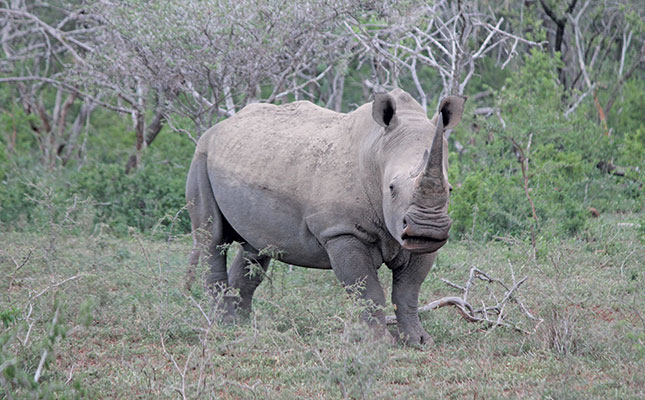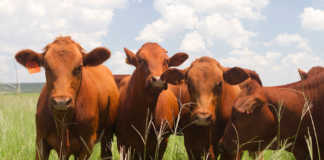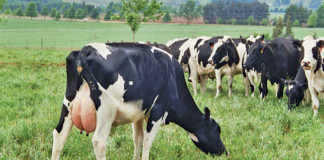
The letter resulted in a formal meeting with a task team from the embassy on 4 January.
“Frank and robust discussions ensued,” said Brown.
“We made it very clear that there are far too many Chinese nationals involved in wildlife crime and that they essentially are responsible for the spike in the unlawful trade in wildlife in Namibia.”
Brown and his team provided a strategic plan to the Chinese officials covering actions needed to curb the trade in, among others, ivory, rhino horn, pangolin scales and lion bones and claws. Abalone poached in SA and exported via Walvis Bay was also a cause for concern.
According to Brown, the abuse of the country’s environmental laws was causing growing resentment among Namibians.
“Before the arrival of Chinese nationals in the country, commercial wildlife crime was extremely uncommon. We believe that this is not simply individual Chinese nationals working independently, but syndicates linked to international organised crime,” said Brown.
A follow-up meeting is expected to take place as soon as the Chinese have finished studying the chamber’s suggestions.
However, it did not consider meetings, good intentions and talking as indicators of success, said Brown.
Success would only come through good strategies followed by actions to stop wildlife crime.













